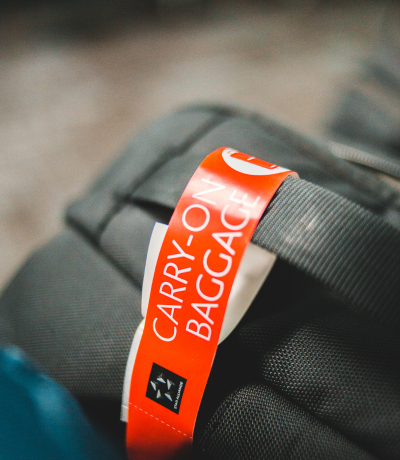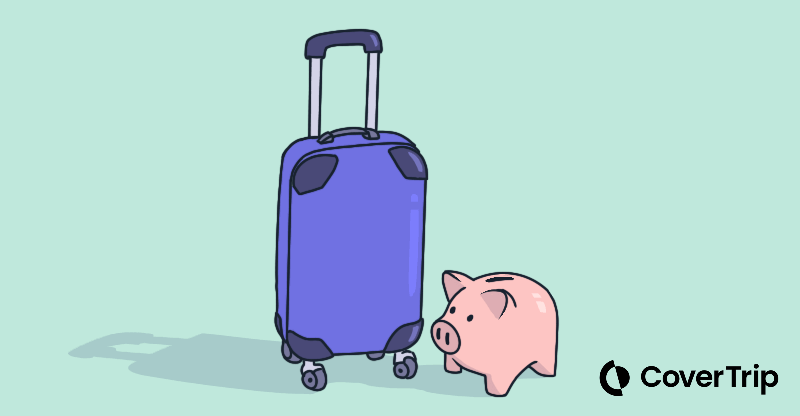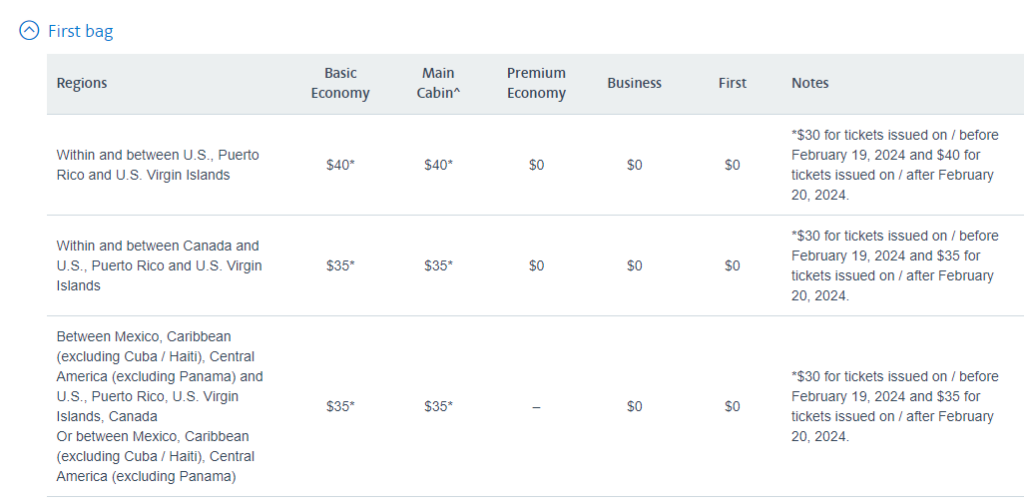What can you do about pesky airline luggage fees?
5 July 2024
Since the start of 2024, airlines have quietly been raising their baggage fees to the point that it costs, on average, $35 extra dollars to check your bag on a domestic flight.
Across the travel industry, charging separately for luggage, picking your seat, having a meal, etc., is called unbundling, and it’s making the airlines a bundle of cash. The airline can quote lower base fares and then progressively add on extras as the price you pay slowly gets higher and higher.
The benefits are clear for the airlines but less clear for the traveler. It’s nice to pay only for what you want to use, but it’s less nice when you remember that the airlines are now asking travelers to pay for things that used to be included in the ticket.
These days, holding an airline ticket just means you have a seat on a plane that’s going somewhere.
So what can you do about those pesky (and pricey!) airline baggage fees? Here’s what you need to know.

Learn about the fees before you buy a ticket
The truth is that airlines are constantly changing their fees and pricing. Like All The Time.
So, before you buy a ticket on any airline, check up on what the fees are going to be. Most airline websites have that information, like this one for American Airlines:

An important factor to check—this one caught me by surprise recently—is also the allowed size of your carry-on. The bag I have traveled with for years was suddenly considered too big to be a carry-on, and I had to gate-check it. Luckily, for free, but still.
Choose the right ticket class
Here’s where the airlines are really jerking passengers around. You really have to be careful these days picking your seat class and it’s gotten truly complicated!
Sure, there are more ticket classes to choose from now, but each ticket class has its own set of rules. For example, if you choose a basic economy ticket on most airlines, you’ll be charged for a carry-on.
On some airlines and with some ticket classes, you can ‘pre-pay’ to check your bag when you buy the ticket, and the price goes higher if you arrive at the airport and decide you want to check it. It’s helpful to know that ahead of time.
One of my favorite airlines right now is JetBlue (great snacks and free Wi-Fi!). If you book a basic ticket (called Blue Basic), you can’t bring a carry-on unless you are:
- Active US military
- an unaccompanied minor
- flying to London
Otherwise, you’ll be paying $65 to gate-check that former carry-on.
Sometimes, buying a higher class of ticket can be about the same as basic economy plus luggage fees!
Obtain status
On some airlines, when you reach a certain status, they waive the baggage fees. Specifically, Frontier Airlines, which charges passengers for carry-on bags in addition to checked bags, waives the fees if you obtain elite status, and the baggage benefits expand as you climb through higher tiers.
If you fly often with Frontier, for example, and reach Elite Platinum status, you and up to eight other passengers on your booking get a free carry-on and checked bag.
The only other non-elite passengers who get baggage fee waivers are active duty military (not their family members or traveling companions, though).
Final ways to avoid baggage fees
Here’s the most comprehensive list of all the ways you can avoid paying baggage fees:
- Pack lightly so you only travel with a carry-on (see our article on 80/20 packing for tips to do this well).
- Bring a larger personal item, like a backpack stuffed with packing cubes.
- Gate-check your bag (after you make sure it’s free – it’s not on all airlines).
- Buy your ticket with a travel credit card (most waive the baggage fees).
- Join the airline’s frequent flier program (often, but not always, this can help you avoid baggage fees).
- Fly Southwest (where bags still fly free).
The bottom line is to book a non-basic economy class ticket with a legacy airline if you plan to take only carry-on luggage with you. And keep up with the changing rules on your favorite carriers because they could change next week.
Related topics
Damian Tysdal is the founder of CoverTrip, and is a licensed agent for travel insurance (MA 1883287). He believes travel insurance should be easier to understand, and started the first travel insurance blog in 2006.
